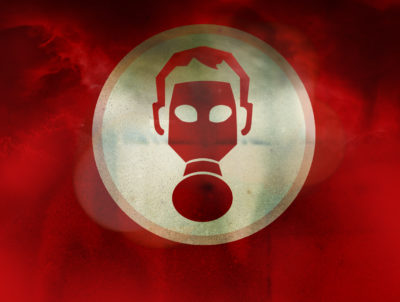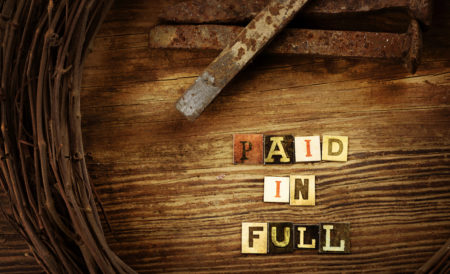So then, as we have opportunity, let us do good to everyone, and especially to those who are of the household of faith. – Galatians 6:10
I want to do something a little different with today’s blog. In a post earlier this week, I lamented the absence of basic civility in our world. In today’s blog, I want to share a personal example of the opposite. Recently my mom and I encountered some human angels.
Yesterday, I accompanied my mother to a regular scheduled follow-up visit with her cardiologist. My mother is in declining health, and this day she was having a particularly difficult time with mobility. From the parking lot to the office involved a slow and, for her, uncomfortable journey.
After the visit, we went to the elevator to begin the arduous journey back to the car. In the hallway, we met a nurse from another office named Nancy who had already hailed the elevator. It soon became apparent that the elevators were out of order.
Human Angels in Action
This is when we experienced Galatians 6:10 in action. Nurse Nancy and everyone in the office at Cardiopulmonary Associates of Macon went beyond the call of duty. They made several phone calls to building maintenance personnel to try and get the elevators operational again. The office staff gave great attention to make sure my mom remained comfortable.
Dr. Malhotra and the entire staff at Cardiopulmonary Associates are tops. He is a great doctor and the staff is one of the most helpful and friendly you will encounter. They really know how to care for their patients, even in unusual circumstances.
Nurse Nancy does not work for them, and we have never met her before. We are not even sure why she was in the building. However, she was on her phone calling for help and doing all she could to help with the situation.
When the elevators began working again she rode down with us to make sure we made it safely to the first floor. At the first floor, she asked if she could sit with my mom while I went retrieved the car. She stayed with us until I get mom in the car and we started on our way home. Remember, she does not work for one of our doctors and we did not know her before this happened.
How Can We Be Human Angels?
Today we experienced more than just civility. We experienced good people going beyond the responsibilities of their jobs to help people. They had the opportunity, and the did good to us – Galatians 6:10 in action.
My point today is do good when you can to whomever you can. You never know whom you may bless by your simple acts of help and kindness. May we strive to follow the example of Nurse Nancy and the staff at Cardiopulmonary Associates.





 I’ve been a pastor for over thirty years, and I’ve seen a lot of trends come and go. One of the trends I wish would go is the habit of some people to leave during the altar call.
I’ve been a pastor for over thirty years, and I’ve seen a lot of trends come and go. One of the trends I wish would go is the habit of some people to leave during the altar call. In
In 


